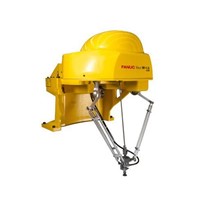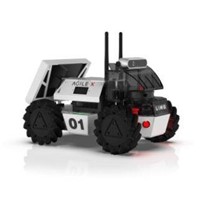Diverseco are excited to announce the new addition of Mobile Industrial Robots (MiR) to our growing portfolio of industry-leading automation and robotics systems.
Continuing our suite of partnerships with outstanding robotics companies, we’re proud to have Konica Minolta and MiR alongside our other product offerings, which are pivotal to the success of various industries. MiR plays an important role in the evolving industry, logistics, and manufacturing sectors by adding highly reliable, robust, and safe collaborative autonomous mobile robots to organisations looking to improve their overall efficiencies through automation. Working with Konica Minolta will let us pool our resources to ensure customers get maximum return on their investment in automation.
From MiR themselves:
We are dedicated to developing user-friendly, flexible and safe robots to help companies increase the efficiency of their operations. Our autonomous robots are a new generation of advanced mobile robots which give you a rapid return on investment, often with a payback period of less than a year. These unique, collaborative robots are now used by manufacturers in a wide range of industries and healthcare sectors to automate their in-house transportation.
Our existing and future clients will benefit greatly from our addition of MiR to our product and service offering, as MiR represent an essential aspect in our ability to serve as a one-stop-shop for a myriad of automation and robotics solutions.
About Mobile Industrial Robots

The foundation of Mobile Industrial Robots was laid in 2011 when MiR’s founder, Niels Jul Jacobsen, created the first example of what would one day become a MiR robot using his son’s LEGO bricks.
Mobile Industrial Robots was officially founded in Odense, Denmark in May 2013 with the idea of optimizing logistics in the global industry. At this time Niels Jul Jacobsen was the only employee at MiR. Thomas Visti, the current CEO of MiR, joined the company as CEO in October 2014.
In 2015 the first MiR100 robots were produced and sold and from here the company quickly gathered speed.
In 2016 the MiRHook was launched, a regional office in New York was opened and MiR moved into a new HQ in Odense, Denmark.
In the following years MiR expanded with new regional offices and new products to improve internal logistics in a wide range of industries. Over time, the company has won multiple internationally renowned awards and in 2020 MiR launched the highly adaptable and flexible MiR250.
MiR Applications
— Automotive

Robots have been prevalent in the automotive industry for almost 60 years now, but the use of autonomous mobile robots (AMRs) is still relatively new. Unlike automated guided robots (AGVs), autonomous mobile robots can move out of the way of obstacles independently, are easy to set up and don’t require fixed routes. This makes them safer, smarter and more flexible than AGVs.
— Electronics

Today’s consumers not only want the latest models as quickly as possible, but also more durable, high quality and sustainable goods.
This is putting huge demands on the electronics manufacturing industry. Couple this with omni-channel ordering, tracking and returning, an aggressive reviewing culture and some hard-to-ignore tariffs, and you get an electronics industry that can do little else but be as responsive as possible while keeping costs low.
To stand a chance of competing, manufacturers and suppliers need to automate processes for a flexible, productive and high value supply chain. While automation and robotics are no stranger to the electronics industry, there is still room to go further with a new generation of innovative technology.
— Fast Moving Consumer Goods

As market demands continue to change, so must the supply chain. In fact, today’s factory floor is vitally different to the one of even twenty years ago, with high-speed conveyors, cobot arms and other automation technology that complete processes faster and more accurately than manual labor.
And while large internationals within FMCG such as P&G, CocaCola & Unilever (to name a few) have seen success from their automation practices, businesses must keep innovating in order to compete better.
— Logistics

In recent years, the logistics industry has expanded at an unprecedented rate, thanks to increasing expectations from e-commerce consumers. However, finding workers who are willing or available to take on a job in logistics is proving to be a serious threat. And the problem doesn’t just apply to jobs related to manual work on the shop floor, but also at a more academic or skilled level.
To mitigate the labor shortage logistics companies have no choice but to boost productivity of the existing workforce by investing in more autonomous technology, like autonomous mobile robots (AMRs).
— Life Sciences

The life science industry – defined as pharmaceuticals, biotechnology, med tech and nutraceuticals – is expected to reach sales of 1.9trillion USD by 2022. While it’s positive for the industry to have a growth rate that defies the continued price pressure, individual companies will see increased competition. In fact, given the continuously evolving trends in life science, even legacy companies run the risk of being outcompeted.
In order to stay ahead of the pack, and take advantage of the growing space, brands must take a leaf from the biotech players and become innovation first movers. Cutting edge technology like Autonomous mobile robots (AMRs) will help businesses compete better, by increasing worker safety, productivity and flexibility, all with a fast ROI.


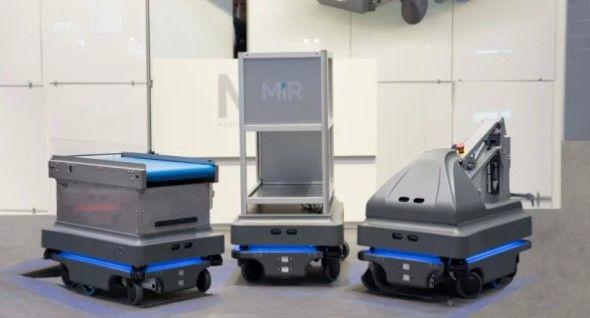
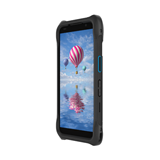



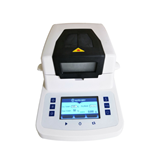





-160x160-state_article-rel-cat.png)
-160x160-state_article-rel-cat.png)

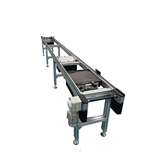
-160x160-state_article-rel-cat.png)
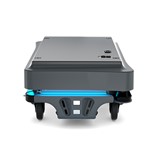
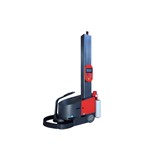


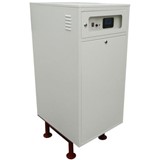


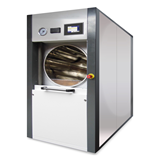

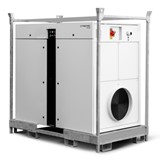

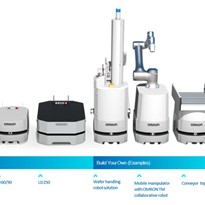
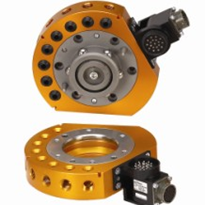

-205x205.jpg)
